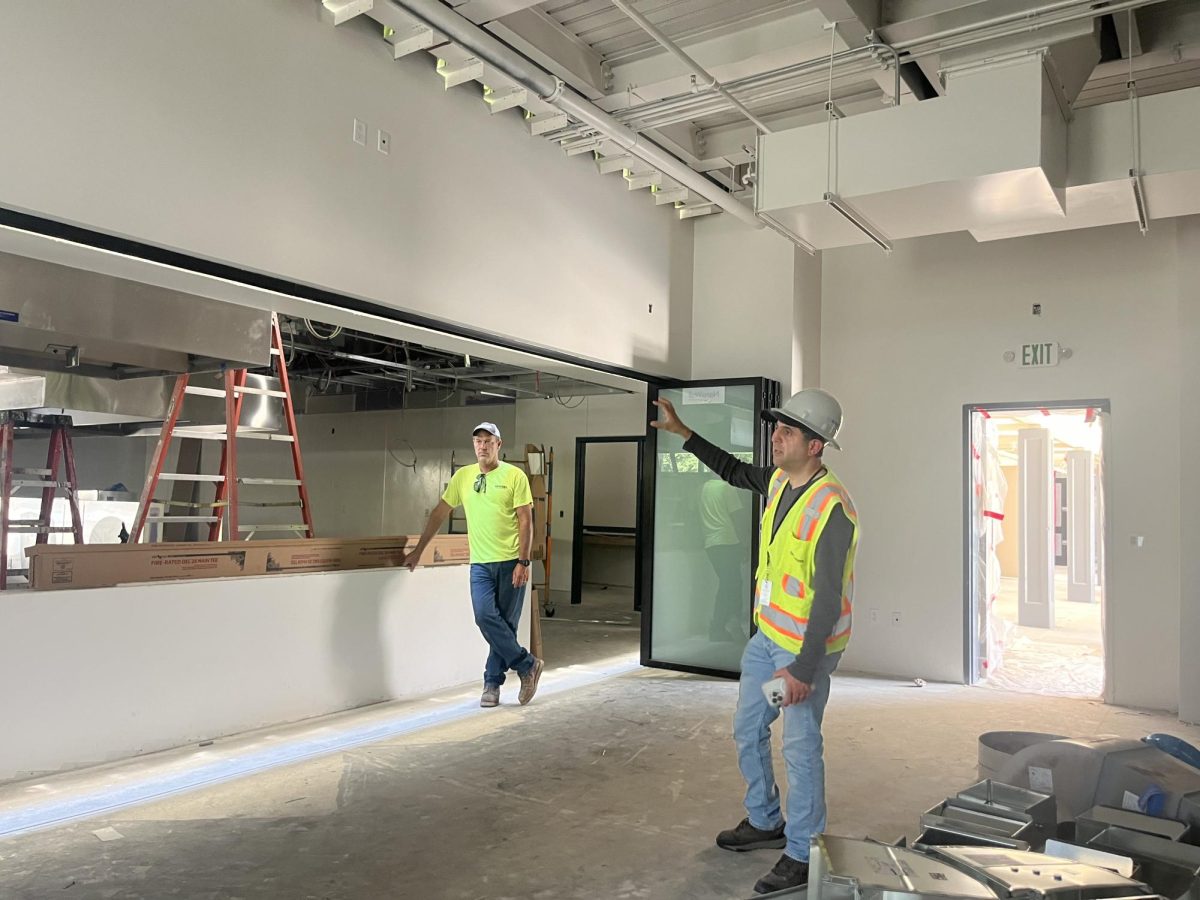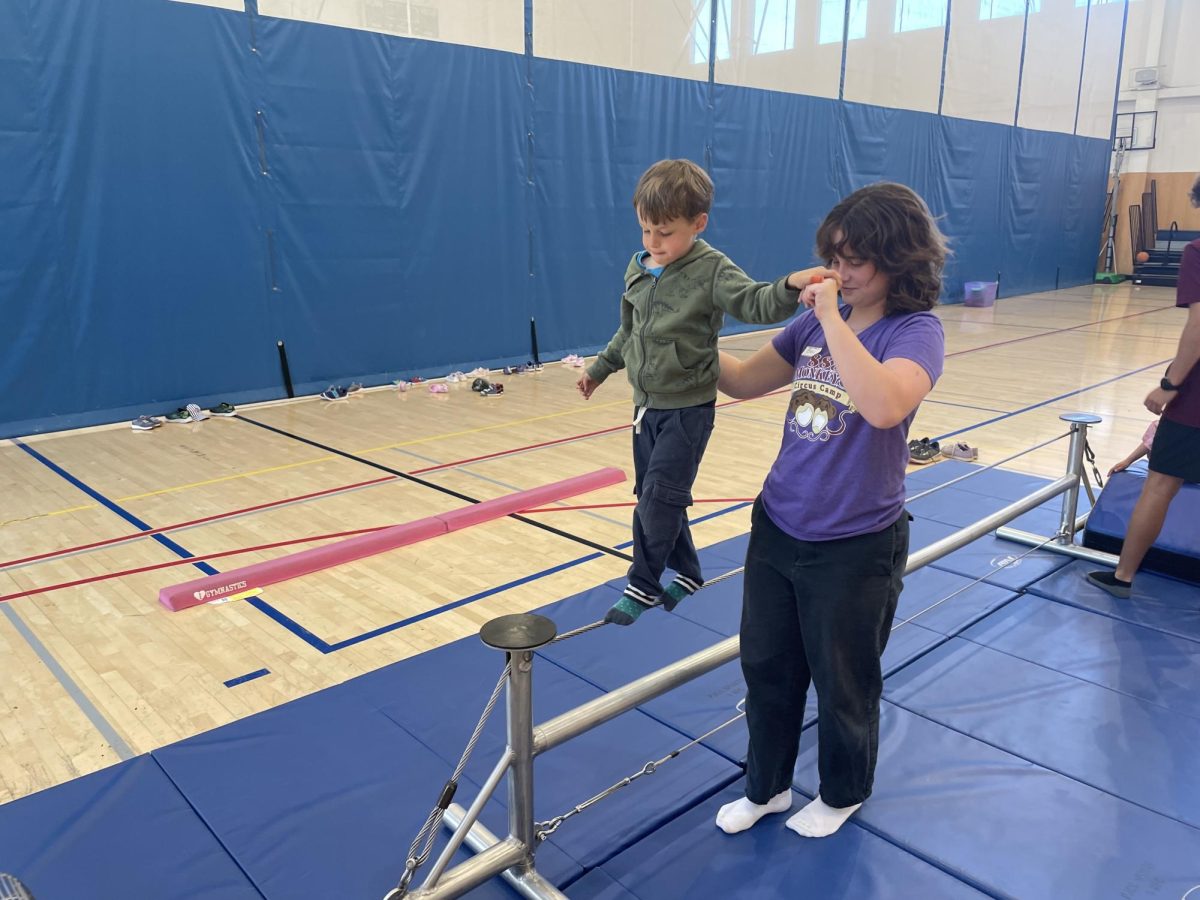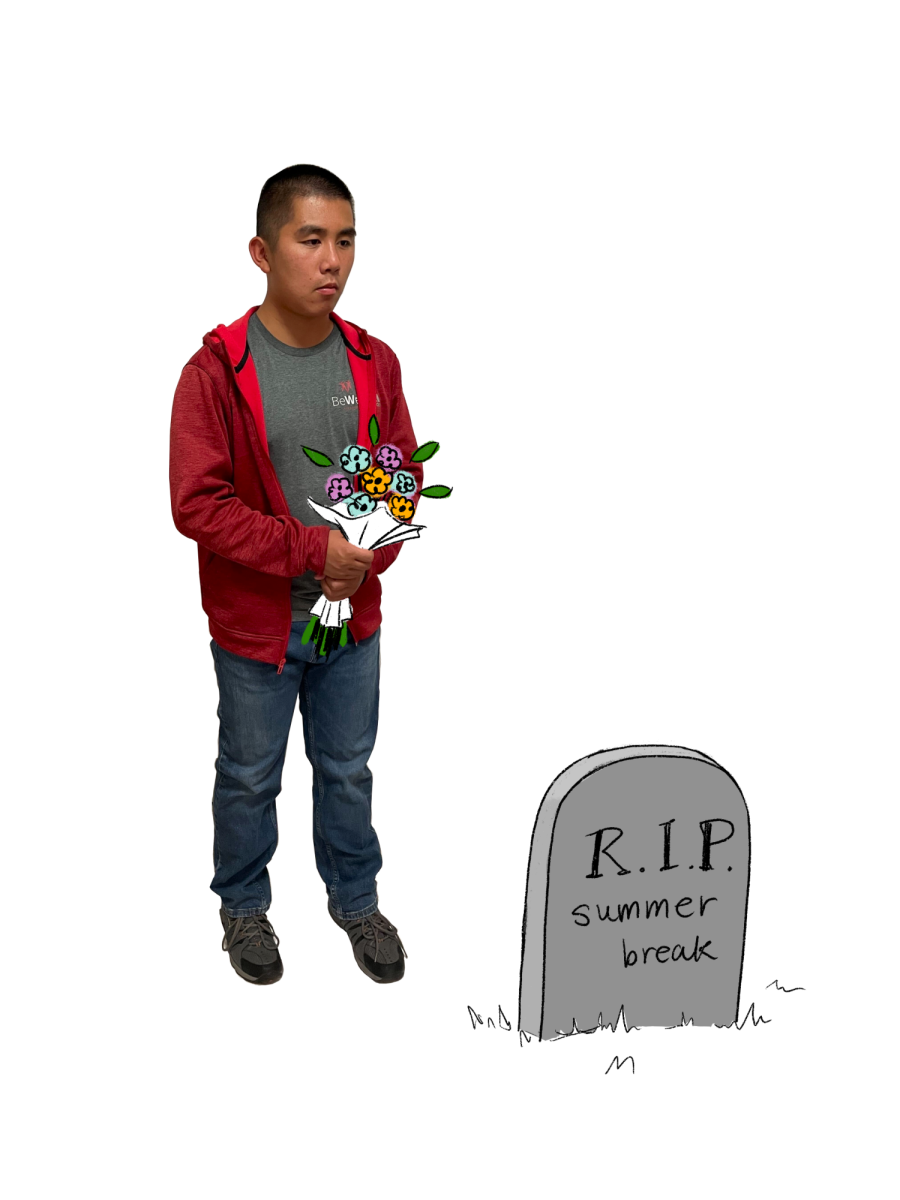In an effort to bolster behavioral-support services, the Palo Alto Unified School District has hired 12 new behavioral intervention coaches to be stationed at all elementary and secondary schools. The district is investing $2 million to hire the BICs, as well as implement new staff training, create a second middle school therapeutic-services program and conduct a third-party investigation at Jane Lathrop Stanford Middle School.
These changes follow a May altercation at JLS in which a student injured two teachers, leading to increased community concern over behavioral support for students with social-emotional and physical learning impairments. At the May 23 school board meeting, Director of Special Education Amanda Boyce noted rising concerns surrounding elementary student behavioral dysregulation in the past few years, especially after a return from remote learning.
Teachers present at the school board meeting said they had received inadequate district support on managing dysregulated behaviors when they faced similar situations in past years. Parent Steven Davis also voiced skepticism about the resources students and staff received to follow behavior plans such as individualized educational plans and 504 plans, which provide learning accommodations for students with disabilities. “When 10% of our kids are students with disabilities, yet they are 50% of our suspensions, something is basically broken,” he said at the meeting.
To address these concerns, the district launched a third-party investigation at JLS to analyze the district’s current behavioral-support measures and find areas of improvement. PAUSD also hired additional BICs to fill the shortage in behavior staff and established the district’s second middle school therapeutic-services program, which will provide additional specialized support and counseling for students who require it according to their IEPs. This therapeutic-services program will be established at Fletcher Middle School, on top of existing programs at Greene Middle School, Duveneck Elementary School and Palo Alto High School.
According to Behavioral Support Services Manager Nestor Ramos, BICs serve to provide proper behavioral support and management to de-escalate crisis situations, such as physical or mental breakdowns. “For example, if the student ran out of the classroom or they’re targeting another peer, the BIC would step in,” Ramos said. “If they’re familiar with the student, they would implement (specific behavioral) interventions for that student. If not, they would move the student to a private place, clear the area, or whatever measures are best. They are the first line of defense, coordinating everything as needed.”
BICs collect data to help create behavior-intervention plans, specific actions and goals staff can take to improve dysregulated behavior in students. “We look at possible functions for maladaptive behaviors and the reasons the behaviors are happening,” Ramos said. BICs can also teach staff how to implement behavioral strategies in classrooms.
The district is looking into creating ad hoc committees of teachers and parents for more input on implementing behavior-support measures that will meet students’ needs. According to Boyce, they are also exploring partnerships with local organizations to further inform parents whose families need behavioral support.
Currently, the district is creating new training curricula to teach staff preventative measures and de- escalation techniques. On Aug. 21, they will host a district-wide training for all staff. “All staff — secretaries, teachers, custodians — can step in,” Ramos said. “We want to make sure they’re aware how they can be supportive of students in these scenarios and maybe prevent some situations.”























